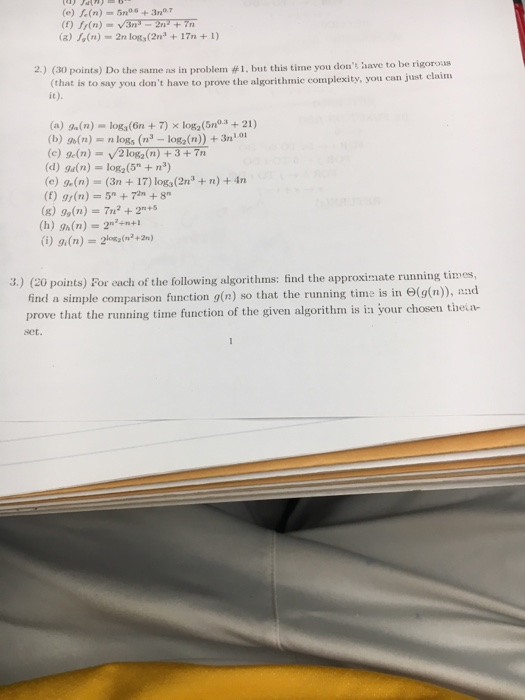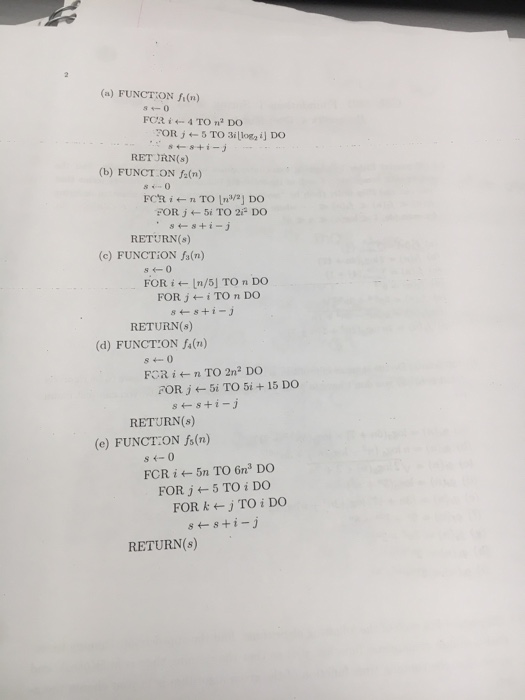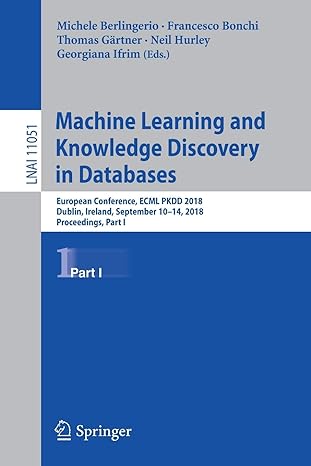Answered step by step
Verified Expert Solution
Question
1 Approved Answer
(e) f(n)-5P0.+37 (a) I(n)-2n logs(2n +17n+1) 2. 30 points) Do the sane ns in problem #1. but this time you don't have to be rigorous


Step by Step Solution
There are 3 Steps involved in it
Step: 1

Get Instant Access to Expert-Tailored Solutions
See step-by-step solutions with expert insights and AI powered tools for academic success
Step: 2

Step: 3

Ace Your Homework with AI
Get the answers you need in no time with our AI-driven, step-by-step assistance
Get Started


